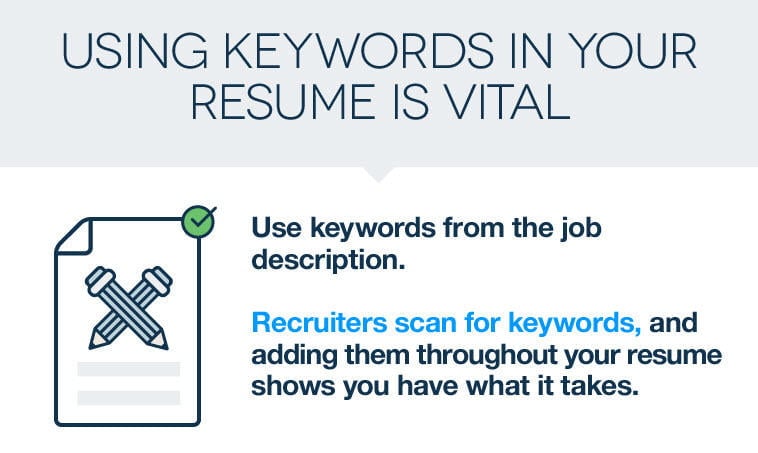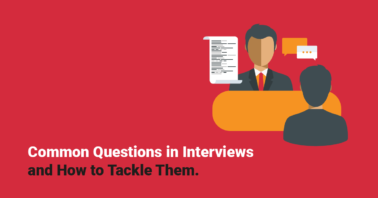The hardest part of finding a job is actually finding a job. The rest of it’s pretty easy, which is why we’ve put together this guide for those who are too busy living life to spend hours every day on a computer.
- Create a broad job description that highlights your skills.
The second step is to create a broad job description that highlights your skills. You can do this by creating a list of your skills, achievements and interests.
If you’re not sure where to begin with this process, we recommend using a career fitter to help guide the way. Alternatively, many job search engines allow users to scan through thousands of jobs and filter them based on their skill sets and preferences.
- Focus on what you can do for them, not the other way around.
It’s important not just to list your skills and experience but also show how they can help an employer.
The best way to do this is by focusing on what they want rather than what you have.
For example: if there’s one thing every company wants more than anything else (except maybe talent), it’s time saved by making things easier for them. This means when writing your resume, instead of listing all of those awesome skills like “expert knowledge” or “experiments with alternative fuels” or whatever other impressive things come up when browsing LinkedIn profiles (the only place I’ve ever seen any of these words), focus instead on describing how those skills could benefit them specifically in their work environment—and show evidence that backs up your claims!
- Find a recruiter who can help you do the other steps.
Recruiters love helping people find jobs. They get paid when you get hired, so it’s in their best interest to make sure your job search goes smoothly.
You can find recruiters by searching LinkedIn or asking around at networking events (they often attend those). If they aren’t able to take on another client right away, ask them if they know any other recruiters who may be able to help you out.
- Put some effort into making your job application stand out.
It’s more important than ever to make your job application stand out.
- Use keywords that are relevant, but don’t go overboard—if you include the phrase “world-class sales professional” somewhere in your resume, it might be too much!
- Use a resume builder when making up an impressive document of yourself—you’ll get tips on how to format everything properly so that recruiters can quickly skim through it and understand just how amazing you are!
- Make sure not to include irrelevant achievements like being captain of the chess club (no one cares). Instead write about what matters most: The qualities about yourself that would make any employer want offer them employment with their company immediately!

- Clean up your online presence and make sure you’re searchable by recruiters.
If you’re anything like me, you’ve given out Facebook or Twitter handles at parties and interviews that are totally inappropriate, or maybe there was something on Pinterest which didn’t meet the standards of professional decorum.
Well, now’s the time to take a few hours and get rid of anything that could be considered less than professional (or just plain embarrassing).
You can use Google as well as social media platforms themselves (Facebook/Twitter) to find things you’d rather not have out there anymore – don’t forget about any apps you’ve downloaded over recent years too!
Once all those accounts are gone, make sure they stay gone by changing passwords and deleting cookies from browsers so they won’t come back with another login attempt later on down the line.
- Finding a job doesn’t have to be hard work if you know how to get help from others.
This is the best way to find a job. I promise.
You’re not alone, and you shouldn’t be afraid to ask for help. Your network knows your strengths, weaknesses and what kind of work environment would suit you best.
They will also give honest feedback about your applications (and can point out mistakes that an employer might not). And if they don’t know anyone who can help? They will most likely know someone who does!
Be brave and ask around – people love being helpful when it comes to getting jobs sorted out.
Conclusion
You’re probably thinking, “That sounds easy enough!” And we hope it is. The key to finding a job is just staying positive and persistent.
In the end, you have what every employer wants: new skills, experience and enthusiasm.
Finding a job should be easy if you know how to get help from others—and that’s what we covered here today!





